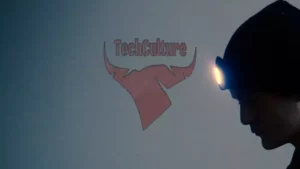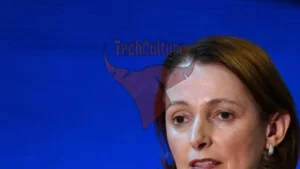AI Avatars Spark Controversy as Models Find Likenesses in Propaganda
In a startling development, human models contracted by Synthesia, a billion-dollar text-to-video AI company, have discovered their digital likenesses being used in propaganda videos by authoritarian regimes. This revelation has sent shockwaves through the modeling industry and raised serious questions about the ethical use of AI-generated content.
Synthesia, whose client list includes prestigious firms like Reuters and Ernst & Young, offers technology that allows for easy creation of videos featuring AI avatars. However, the company’s services have extended to more controversial clients, including state actors from China, Russia, and Venezuela.
Mark Torres, one of the affected models, expressed his distress upon finding his image in propaganda clips. “I feel violated and vulnerable,” Torres stated, echoing the sentiments of many models who now fear for their reputations and future career prospects.
This incident comes at a time of increasing scrutiny over AI’s role in media production. California recently enacted legislation to protect actors from unauthorized AI-generated replicas, while the recent Hollywood strikes led to new rules regarding generative AI in the entertainment industry.
Despite offering lucrative deals to models – with some earning thousands for a single day of filming – Synthesia now faces backlash. Actor Dan Dewhirst, whose likeness appeared in Venezuelan propaganda, voiced concerns about the potential impact on his career and mental health.
Synthesia has responded to the controversy by pointing to its terms of service, claiming transparency with models about the technology’s capabilities and safeguards. The company acknowledged imperfections in its processes but committed to ongoing improvements.
This incident highlights broader concerns about AI’s potential misuse in spreading misinformation, with reports even suggesting ISIS affiliates have employed AI for propaganda purposes. As the technology continues to advance, the debate over its ethical application in media creation is likely to intensify.




